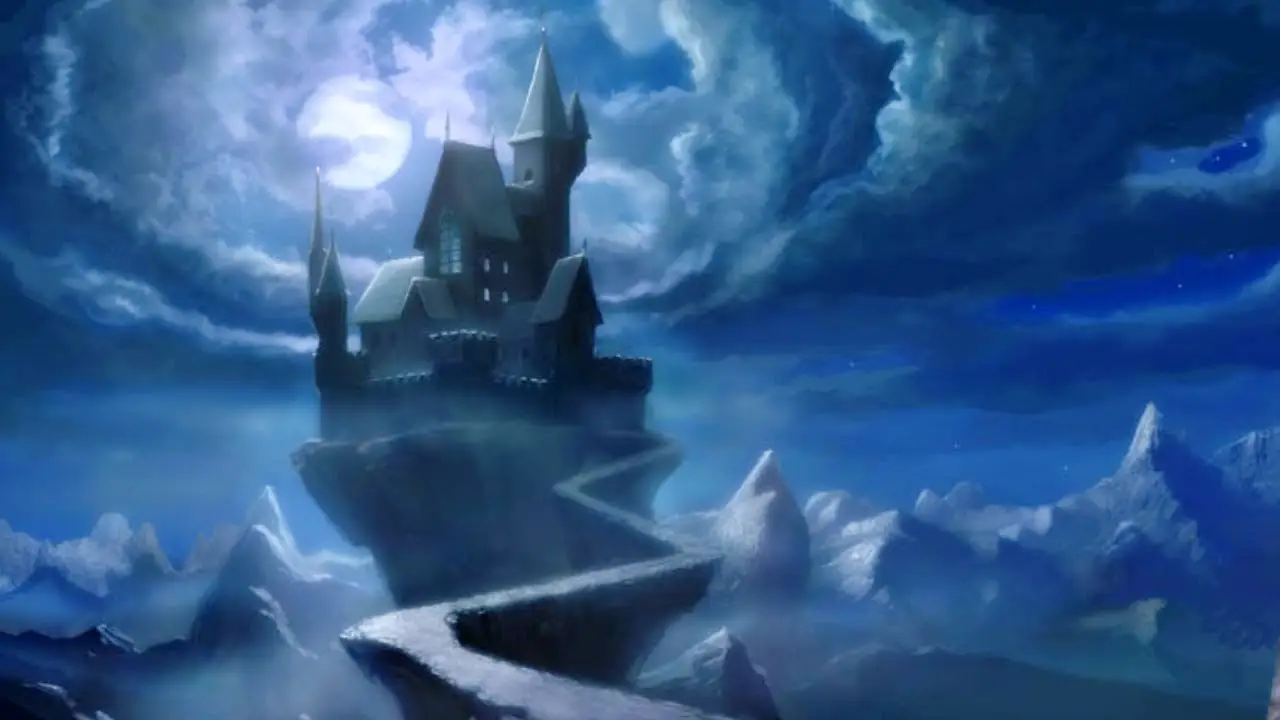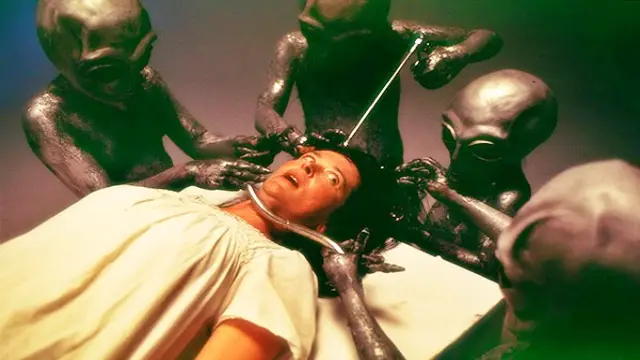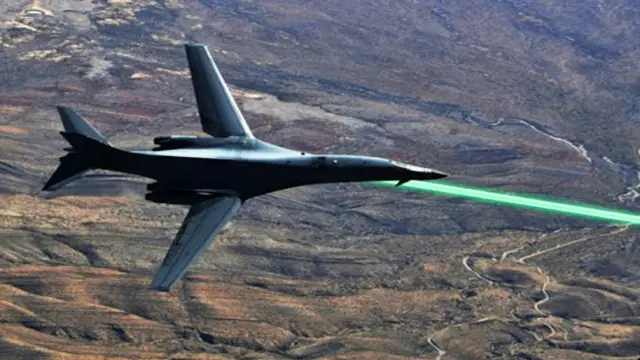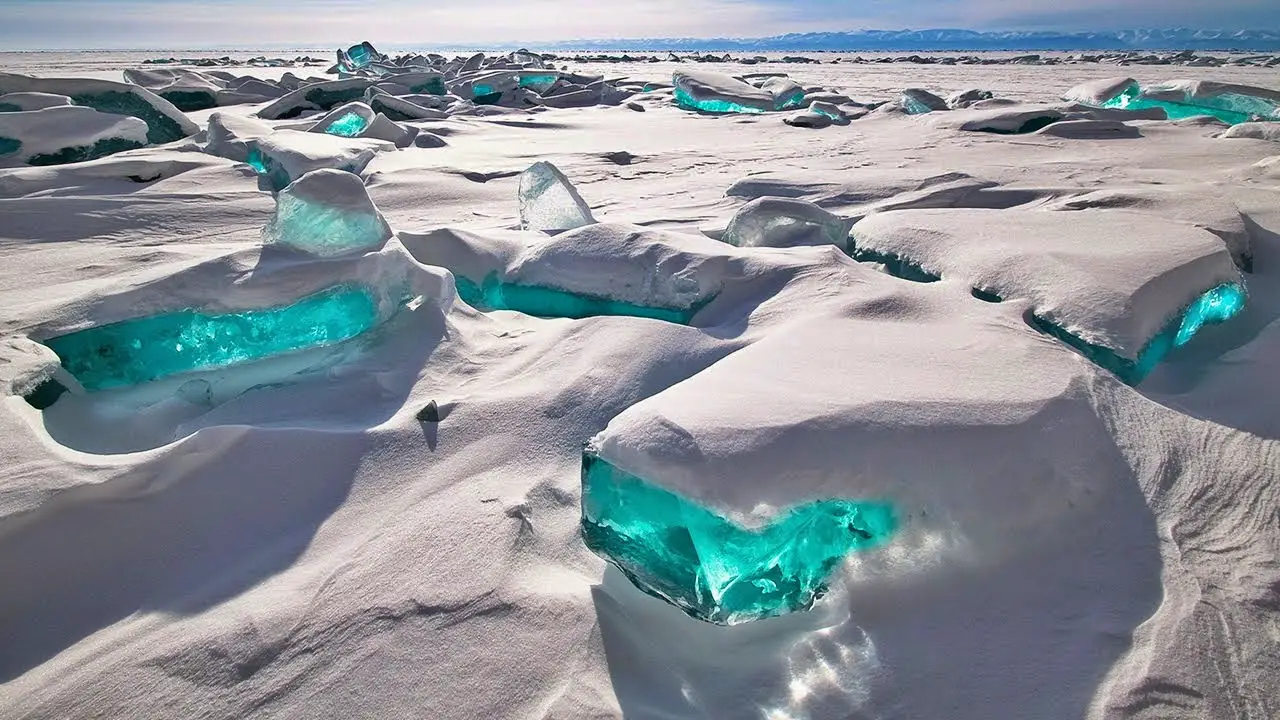n Ifnyou are lucky enough to own a horse, today would be a great day to gonon a nice long trail ride…OR to give your horse a day off and anspecial treat like peanut butter on toast, bananas, or grapes.
Ifnyou are lucky enough to own a horse, today would be a great day to gonon a nice long trail ride…OR to give your horse a day off and anspecial treat like peanut butter on toast, bananas, or grapes.
n
n
n
n
n
n
n
nMostnof us don’t have horses, of course. But we can take a moment to thinknabout the enormous contributions horses have made throughout history.nCan you think of the Wild West or the plains Indians without horses?nMedieval jousting tournaments and cavalries, rodeos and parades,nwagon trains and stage coaches, farm horses and Clydesdales, circusnhorses and equestrian sports, Roman chariot races and the PonynExpress—horses are a huge part of human history and an importantnpart of modern life as well. n
n
n
nHorsenevolution is often portrayed as a smooth line from Eocene (“dawnnhorse”) to modern day Equus,neach stage larger and (I always think) more elegant than the onenbefore.
n
n
n
n
n
n
n
n
n
n
n
n
n
n
n
n
n
n
n
n
n
n
n
n
n
n
n
 |
| The Equine “Family Bush” |
n
nBut horse evolution has really been non-smooth and bushy,nwith lots of creatures branching off—including all the equids thatnstill live today, including zebras and donkeys and a variety of wildnasses and onagers. As in most family trees, most of the equinenspecies that have ever lived are now extinct.
n
 |
| All these ancestors of modern horses are now extinct. |
n
n
n
n
n
n
n
n
n
n
n
n
n
n
n
n
n
n
n
n
n
n
n
nOnenof the things I’ve always found interesting about horse evolution isnthat equids first evolved in North America many millions of yearsnago. Some species crossed over the “land bridge” that used tonconnect Alaska and Siberia around 2.6 million years ago and migratednthroughout Asia and even into Africa and Europe. These equidsndiversified into various species of zebras and quaggas, asses andndonkeys and onagers, and of course into the modern species we calln“horse.” While all these equids were flourishing in the “OldnWorld,” the North American equids died out! (Scientists’ mostnrecent evidence suggests that this extinction may have occurrednaround 7,600 years ago.) It wasn’t until the late 15thnCentury when the Spanish conquistadors arrived in America that horsesnwere reintroduced to the North American continent.
n
 |
| Onager |
n
n
n
n
n
 |
| Quagga |
n
n
n
n
n
n
n
n
n
n
n
n
n
n
n
n
n
n
n
nTonlearn more about the history of the horse, check out History for Kids or the much morendetailed Sino-Platonic Papers.
n
n
n
n
n
n
n
nAlsonon this date:
n
n
n
n
n
n
n
n
n
n
n
n
n
n
n
n
n
n
n
n
n
n
n
n
n
n
n
n
nAnniversary of the startup of production of Susan B. Anthony dollars
nn
n
n
n
n
n
n
n
n
n
n
n
nAnniversary of Tasman’s “discovery” of New Zealand

























